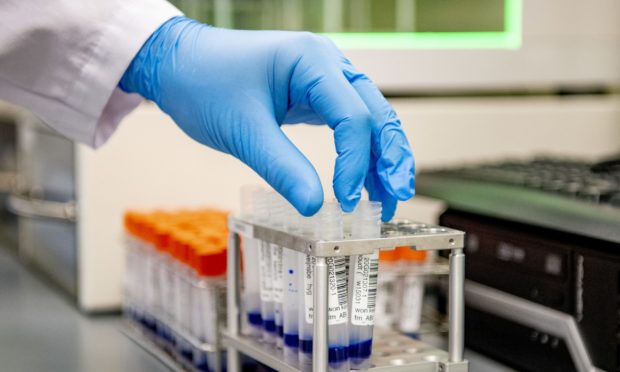It was the ground-breaking “ET hunting” project that used spare computing cycles to aid the search for extra-terrestrial intelligence.
Founded in May 1999 by researchers at UC Berkeley in the USA, Seti@home encouraged users to run their software as a screensaver so it would not slow their computers down while they were working.
Following the announcement that Seti@home’s “virtual supercomputer” has gone into hibernation because scientists say they have analysed “all the data they need”, a similar American-based computing project is now being promoted in a similar way only this time to help medical researchers worldwide in the fight against the Covid-19 coronavirus.
Folding@home, a program similar to Seti@home, focuses on disease research – specifically how proteins fold.
The volunteer project has organized tens of thousands of ordinary personal computers to break down big digital simulations of the virus that causes the disease into millions of bite-size chunks.
Folding@home aims to understand disease mechanisms at the molecular level then find weaknesses that medicines can exploit.
For two decades Folding@home has tackled diseases, including Alzheimer’s and Ebola. The pandemic has bumped Covid-19 to the top of the list, though, and lots more people now want to help. The world’s computers have an abundance of unused processing power.
Greg Bowman, an assistant professor of biochemistry and molecular biophysics at Washington University in St Louis and Folding@home’s director, said the response to Covid-19 has spurred “enormously rapid growth” during the last three weeks, with more than 700,000 new volunteers joining the 30,000 who were already active.
The programs work by helping structural biologists to quickly gain insights into what the proteins that make up this virus look like and how they function. This may lead to antiviral proteins that stick to Covid-19 thereby preventing the virus from infecting healthy cells.
More information about Folding@home can be found at www.foldingathome.org









